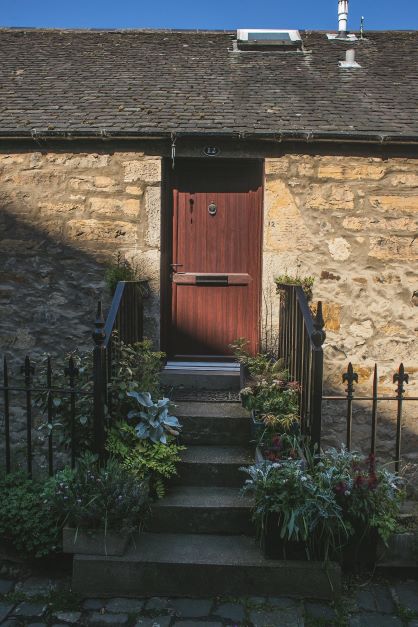When I was a young girl, my Dad and other Black men in the community went to a meeting in a lodge. The brick lodge was located off the street on the main road for Black people. It was located within sight of houses but no one talked about it or ventured near it. There was an air of secrecy surrounding the old brick building. On occasion, men entered through its doors. I remember my mother was upset that Dad went to the meeting. He told her he was going to a meeting about Masons and she wasn’t happy. She grew up in the South, heard whispers about the Masons, and was suspicious of secret meetings. Dad grew up in the North and knew more about them. He made a decision to go. To my knowledge, he didn’t discuss why he went or what they did. I learned he went to a meeting for Prince Hall Masons.
On March 6, 1775, Prince Hall and fourteen other Black men were made Masons in Massachusetts. It was the first time Black men were made Masons in the United States. Prior to the Revolutionary War, they had petitioned to be admitted to the white St. John’s Lodge in Boston. Their request was declined. The Masons was attracted to free Black men because it was founded upon ideals of liberty, equality, and peace. After their rejection, they sought admission to a military lodge attached to the 38th Foot Infantry. The lodge was attached to the British forces stationed in Boston. The Black Masons had limited power. About a year later, the conflict between England and America commenced. When the military lodges left, they were given authority to meet as a lodge. They could only take part in the Masonic procession on St. John’s Day, bury their dead with Masonic rites but couldn’t confer degrees or perform other essential functions. The Holy Saint’s John are metaphorical pillars of the masons. St. John the Baptist represents the pillar beneath the earth. St. John the Evangelist represents the pillar beneath the heavens.
African lodges were organized on July 3, 1776 with Prince Hall as the worshipful master. On March 2, 1784, African Lodge #1 petitioned the Grand Lodge of England to organize a regular masonic lodge. A charter was issued on September 29, 1784 to African Lodge #459. The large grew and prospered and other lodges were organized. It is estimated there are over 5,000 lodges and 47 grand lodges with a lineage to Prince Hall Grand Lodge in Massachusetts.
A Mason is described as a man of faith. He uses moral and ethical truths to serve mankind. They meet with like-minded men to form a brotherhood that transcends all ethnic, religious, cultural, social, and educational differences. They are described as thoughtful men learning to work through tough life issues. Freemasonry is the world’s oldest and largest fraternity. Prince Hall charged the members to believe in one Supreme Being, and love and be benevolent to all mankind. They believed in helping others in distress. He continued to charge the members as time progressed.
He warned members to never fear man. He discussed the history of Africans brought to America and enslaved. He described the fear of men as slavish and destructive. He encouraged members to put their trust in God and trust Him for deliverance. In the meantime, he encouraged members to live a Christian life.
Prince Hall showed concern for the education of Black children. In 1798, he opened a school for Black children in his home. Free Black people in Philadelphia were among the first to organize educational and literary societies. In 1828, William Whipper led the free Black men who organized the Colored Reading Society of Philadelphia for Mental Improvement. He was devoted to elevating Black people and devoted his time to writing editorials, serving as an agent for the Underground Railroad, and establishing other organizations. Many other societies for educational improvement were formed out of membership in the Free Masons.
I don’t know if Dad joined the Masons, but he seemed to raise his family in the segregated South by some of their principles. He was a Christian man who raised his family as Christians, believed in education and helping others, and never showed fear.
Francie Mae. June 26, 2022.
References
Porter, Dorothy. 1995. Early Negro Writing 1760-1837. Baltimore, MD. Black Classic Press.
“Prince Hall Free Masonry.” Wikipedia. Accessed June 26. 2022.

A fascinating discussion is worth comment. I do believe that you should write more about this subject matter, it may not be a taboo subject but typically folks dont talk about such issues. To the next! Cheers!!
This is the perfect website for everyone who hopes to understand this topic. You realize so much its almost hard to argue with you (not that I actually would want toÖHaHa). You certainly put a new spin on a subject thats been discussed for decades. Great stuff, just great!
Can I just say what a relief to uncover an individual who really understands what theyre talking about on the web. You certainly know how to bring a problem to light and make it important. More people ought to read this and understand this side of the story. I was surprised that you arent more popular given that you most certainly have the gift.
Thank you for sharing your thoughts. I really appreciate your efforts and
I am waiting for your next write ups thank you once again.